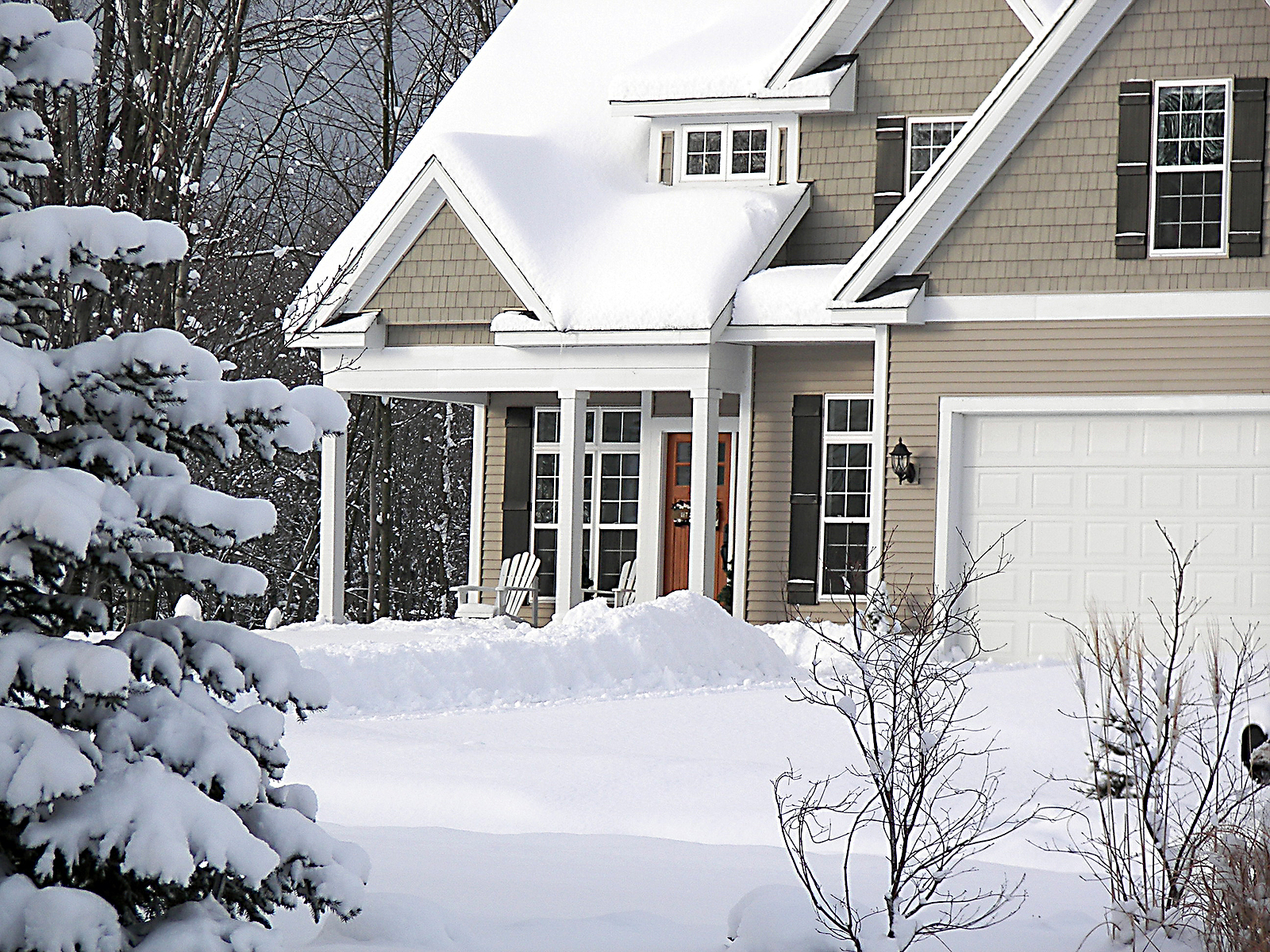When it comes to deciding whether to rent or sell your home during the winter, property owners face unique challenges and opportunities. Winter is often perceived as a slower season in real estate, but it can also present surprising advantages. For example, fewer homes on the market could mean less competition for sellers, while colder months often attract serious buyers looking to move before spring. On the other hand, renting out your property could provide a steady income stream, especially if you’re not ready to part with the asset or are waiting for market conditions to improve.
This decision requires careful consideration of several factors, including the current real estate market trends, your financial goals, the tax implications of selling or renting, and the condition of your property. Winter weather may also play a role in how appealing your home is to potential renters or buyers, as curb appeal and maintenance can be trickier in colder climates.
In this guide, we’ll explore the benefits and drawbacks of both options, discuss key questions to ask yourself, and offer practical advice to help you determine the best course of action for your specific situation. Whether you’re considering selling to capitalize on current market conditions or renting to generate passive income, understanding the nuances of winter real estate will empower you to make an informed and confident decision.
As the winter season approaches, property owners often face a key decision: Should they rent out their home or sell it? With fluctuating market trends and unique seasonal factors, it can be challenging to decide the best course of action. This guide explores the pros and cons of renting versus selling their home in winter, helping them make an informed choice.
Understanding the Current Market
The real estate market can shift with the seasons, especially in winter. Generally, the colder months bring fewer buyers, which can affect demand and pricing. However, if housing inventory is low, you might still attract serious buyers willing to pay top dollar. Rental demand often remains steady year-round, so if renting is appealing, winter could be a good time to find reliable tenants. Taking a closer look at local market trends, interest rates, and property demand will help set realistic expectations for both selling and renting options.

Benefits of Selling in Winter
Selling your home in winter can be beneficial, especially if you’re looking to move on quickly. Although there may be fewer buyers, wintertime buyers tend to be highly motivated. Families often prefer to settle before spring, and some buyers may want to close deals before the new year for tax purposes. Plus, fewer listings mean less competition, which can work in your favor.
A winter sale also provides an opportunity to showcase your property in a cozy, inviting atmosphere. Imagine the appeal of a well-decorated, warmly lit home as potential buyers picture themselves celebrating the holiday season in their new space. However, be prepared for possible weather-related delays and added challenges in keeping your home presentable during winter weather.
Advantages of Renting Your Home This Winter
Renting can be a solid option if you’re not ready to part with your property just yet or if the current market doesn’t favor sellers. With steady demand for rental homes in many areas, renting can provide a consistent income stream without the immediate need for a long-term commitment. It’s also a flexible option if you plan to sell down the line, as you can wait for market conditions to improve and maximize your property’s sale price.

Renting, however, isn’t without its challenges. Finding responsible tenants, maintaining the property, and navigating local rental regulations can be time-consuming. If you’re considering renting out your home, it’s wise to assess your willingness to take on these responsibilities or consider hiring a property manager for assistance.
Financial Considerations to Guide Your Decision
Your financial goals should heavily influence whether you rent or sell. Selling could yield immediate capital, ideal if you’re looking to fund a new investment, pay off debt, or simply move forward with financial freedom. Alternatively, renting could offer a steady cash flow if you’re interested in generating ongoing income or building long-term wealth. Additionally, consult with a tax advisor to understand the implications of each option—there are specific tax benefits associated with both selling and renting, depending on your circumstances.
Preparing Your Home for the Winter Market
Regardless of whether you decide to rent or sell, preparing your property for winter is key to maximizing its appeal. For sellers, focus on winter curb appeal, such as clearing pathways and adding subtle seasonal decorations. Inside, make sure your home feels warm, clean, and well-lit. Renters will also appreciate these touches, especially when it shows that the property is well-cared for.

In either scenario, address winter maintenance tasks, including servicing heating systems, insulating pipes, and ensuring all windows and doors are sealed properly. A home that’s ready to withstand the winter months will be attractive to buyers and renters alike.
Finding Professional Guidance
Deciding whether to rent or sell your home is a major choice, and seeking professional advice can make all the difference. A real estate agent can provide insights on the current market, help you evaluate the potential returns from a sale, and connect you with resources if you choose to rent. Financial advisors and tax professionals can also offer valuable guidance tailored to your unique goals and situation.
Making the Right Decision for You
Whether renting or selling your home this winter is right for you ultimately depends on your personal and financial goals. Consider the potential benefits, the current market, and how each option aligns with your future plans. With careful consideration, you’ll be able to choose the path that best serves your needs as a property owner.



